HELP! I have a swarm of Bees in my garden! What do I do?
Call Swarm Co-ordinator, Geoff Murphy on 07918 553138

This is a swarm It could be anything
from 12" to 36" long
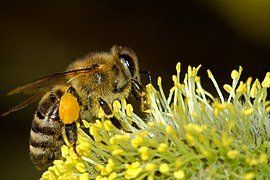
This is a Honey Bee
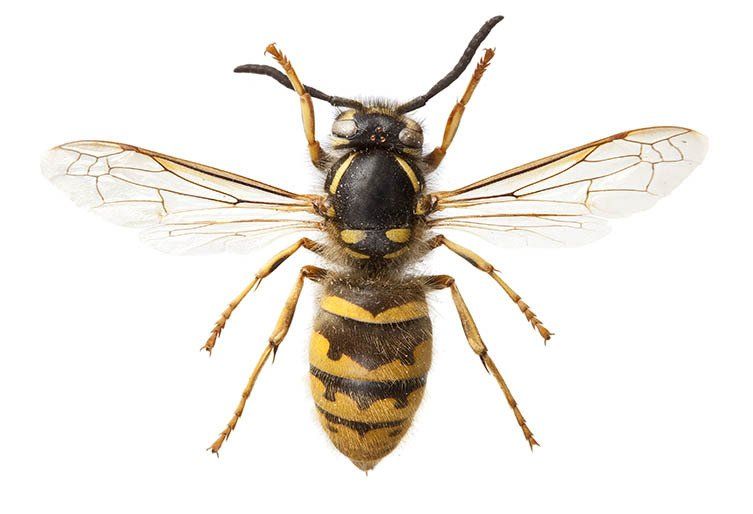
This isn’t, it’s a wasp
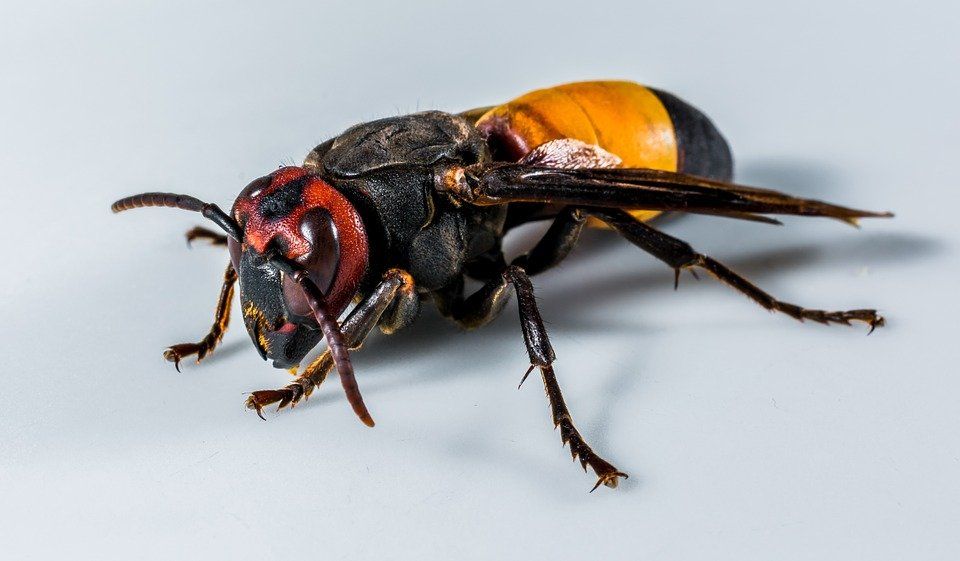
This is a hornet
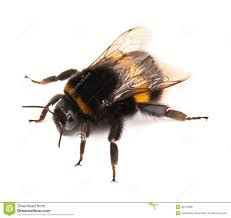
This is a bumble bee
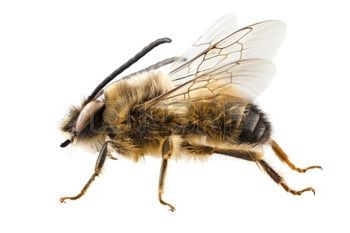
This is a solitary bee
If they are hornets or wasps we can’t help you and your only course of action is to call a Pest Control company to deal with them.
If they are bumble bees or solitary bees, the colony size will be small, 25 - 150, and you are best off leaving them where they are. They die out every year and generally don't go back to the same nest. These are really important pollinators and responsible for more pollination than honey bees.
If you are sure it is a swarm of honey bees, and there is a large clump (see photos) of more than 5,000 bees which have been there for an hour or so, please call our Swarm Co-ordinator, Geoff Murphy on 07918 553138 and he will try to arrange removal for you. If we don’t have a member available to collect the swarm, the bees will almost certainly have moved on within a short space of time, or overnight. You just need to avoid them and keep children and pets away until they have gone.
If the swarm goes into a chimney, then access is unlikely to be easy and you will not harm the bees by lighting a small fire to smoke them out. There may also be other difficult situations, where for safety reasons, we will not be able to gain access. If you call our Swarm Co-ordinator, please give him all relevant information, and have a digital photo ready to send him if you can.
a swarm in my GardenHome
There's a Swarm in my Garden! Beekeeping Asian Hornet Training Courses Links
Membership
Branch, News and Events
Facts Apiary Blog Swarm List Contact Us
All Rights Reserved | Malvern and Upton Beekeepers Association